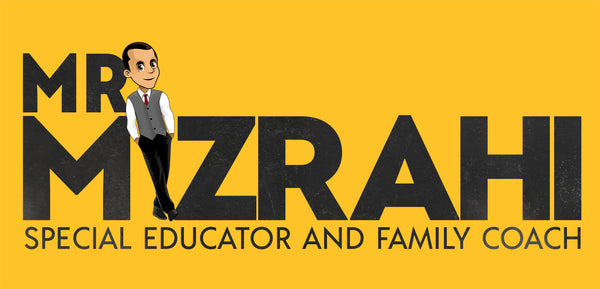
Do Not Strive for Perfect Parenting
Share
Behavior can be challenging because we often know it's communicating with us, but we don't always know what it's trying to say.
Then there's the added weight of opinions about our child's behavior from friends, family and even strangers.
Add our own internal reaction to the behavior on top of it.
It's a lot to handle, and we often resort to the easiest fix and wonder, "How can I get this to stop?!?"
The fact is many of the triggering behaviors we observe in children are developmentally normal.
Consider the following scenario:
-An infant cries for their needs to be met.
-A toddler who is unable to control his or her impulses is a "Not listening" toddler.
-A young child immersed in discovery.
-An overabundance of emotions overwhelms a young child.
The list could go on and on.
Trying to "correct" these habits, on the other hand, will leave us frustrated because they don't need to be fixed.
They are suitable for children of different ages.
Instead, it would be far more advantageous for us to examine what is going on within ourselves.
What bodily feelings are you experiencing?
What emotions are coming for me?
When I was a kid, how was I treated when I misbehaved like this?
What are my thoughts on this kind of behavior?
Do I feel safe when these actions and/or feelings are present?
Is it true that I'm getting the help I need to care for my child?
When we reflect in this way, we can see our children through a lens that helps us to see them for who they truly are: small beings in need of our help, rather than a problem to be fixed.
Coach Benjamin Mizrahi. Educator. Learning Specialist. Family Coach. Father. Husband.
More articles on www.MrMizrahi.blog
